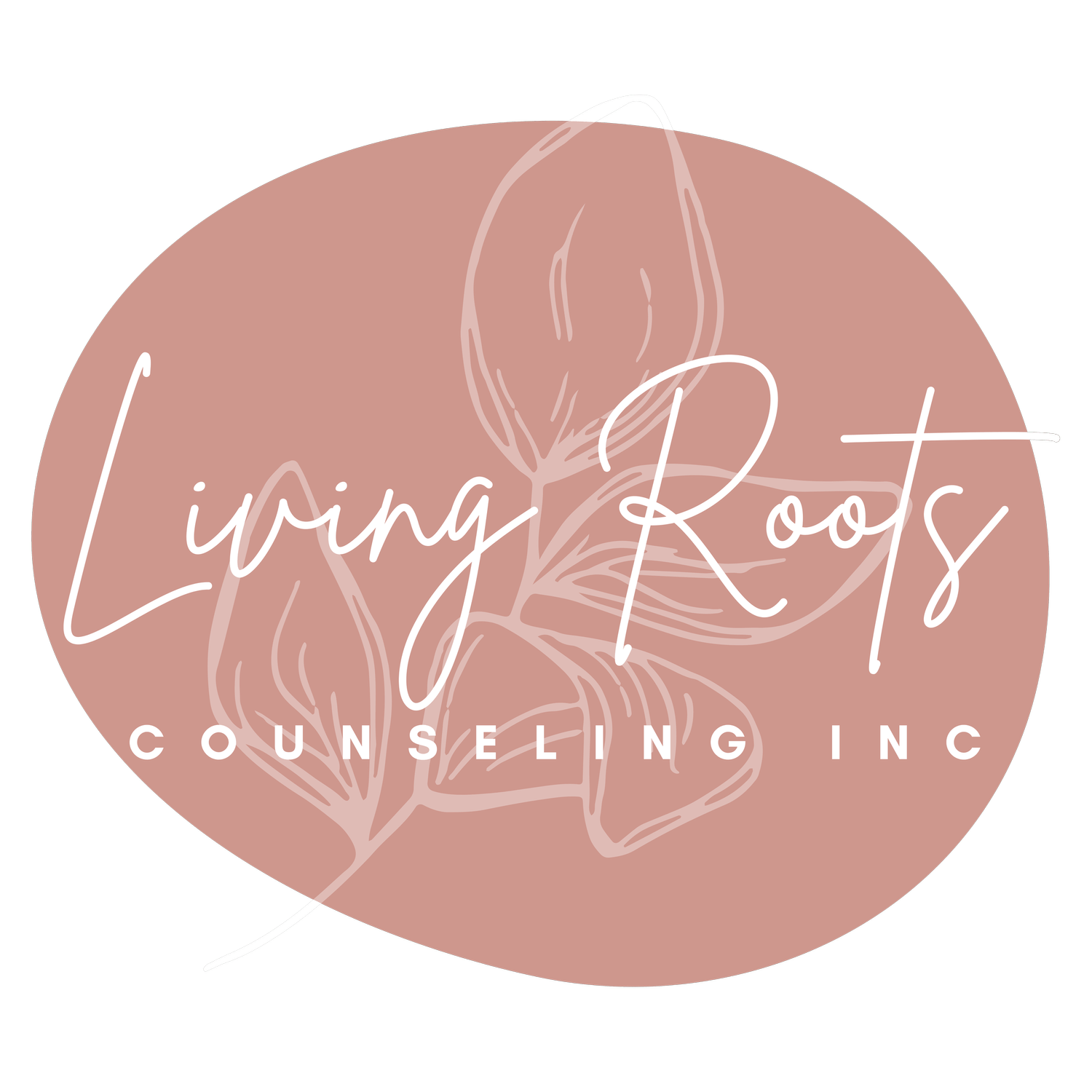💨 Avoidant Attachment: “I’ve Got it, I Don’t Need Anyone”
Ever been called “emotionally unavailable”? Or maybe you’ve been that person who pulls back the second someone gets too close? If so, you might vibe with avoidant attachment. And here’s the thing: it’s not about not caring, it’s about feeling safer when you keep a little emotional distance.
What It Feels Like
Avoidant attachment is like having an invisible force field around your heart. You value your independence big time and don’t love feeling “tied down.” Emotional conversations can feel awkward or draining, and sometimes you’d rather dive into work, hobbies, or solo adventures than get too deep in feelings. You might notice yourself:
✋ Keeping your emotions tucked away
🚪 Pulling back when things start getting intense
💪 Proudly self-reliant
😐 Hesitant to open up, even when you want connection
And yet, underneath it all, there’s a part of you that does want closeness, you just handle it differently. Sometimes it can feel confusing even to yourself: you may crave intimacy, then suddenly freak out and retreat.
The Hidden Superpower
Here’s the bright side: avoidant folks are resourceful, independent, and emotionally grounded. People often rely on you because you stay calm under pressure and know how to handle life’s challenges. Your independence can be inspiring, and your ability to self-soothe is a huge strength!
How to Level Up 🌱
Even if you’re naturally avoidant, you can still learn to build deeper, healthier connections:
🗣 Practice sharing your feelings in small steps
💕 Remind yourself that needing others isn’t weakness
🤝 Lean into safe, steady relationships instead of automatically pulling away
🧘 Sit with uncomfortable emotions instead of shutting down
You don’t have to give up your independence, but making space for closeness can transform your relationships into something richer, safer, and more fulfilling. With a little self-awareness and intentional practice, avoidant attachment can evolve into a balanced, emotionally available way of being.
If you are interested in understanding more about your attachment style, feel free to reach out and schedule your free 15-minute phone consultation with the therapist of your choice to discuss fit.
